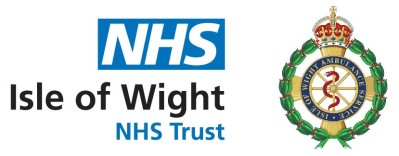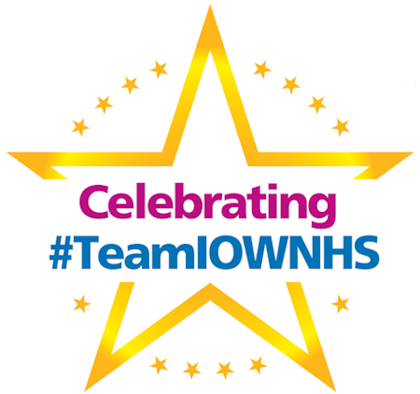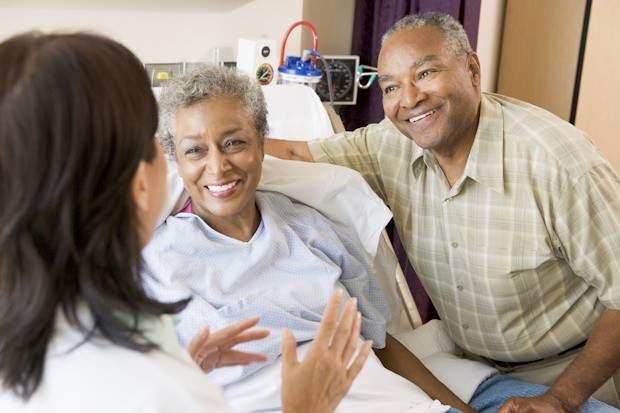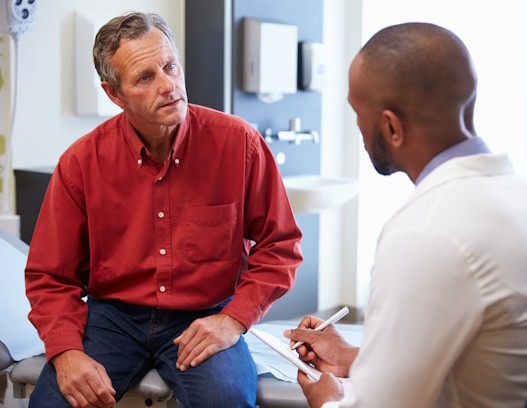Cellular pathology is the study of diseased tissues and organs by analysing the fundamental building blocks that make up our bodies - our cells.A key part of this field is cytology, where we examine bodily fluids to identify diseases. As pathologies develop, they cause changes in the shape, size, structure, and interactions of cells - alterations that vary across different conditions. These changes help us distinguish one disease from another. As a department, we play a crucial role not only in diagnosing conditions but also in guiding specific, targeted treatment options based on our findings. When a tissue sample, whether a small biopsy or a larger organ resection, arrives in the laboratory, it undergoes a detailed, multi-step process. This allows us to transform the tissue into extremely thin slices, just one cell thick, which are then mounted on glass slides. These slides undergo a staining process, using a method of dyes called Haematoxylin and Eosin (H&E) staining. This staining makes the cells and their components clearly visible under a microscope, staining the nuclei Blue and the cytoplasm pink, helping us and our consultants analyse them with precision. Once prepared, our expert histopathologists carefully examine the slides to provide an accurate diagnosis. If necessary, additional specialist tests that target the cells of interest can be requested to further confirm the findings, ensuring the highest level of diagnostic confidence. Our consultantsDr Norman Mounter |
Important information
Our services remain very busy.
You can help by:
- Only using our Emergency Department or call 999 for life threatening injuries or illnesses
- Collecting family and friends from hospital as soon as they are ready to be discharged to free up beds for those who need them
- Support friends, family and neighbours with shopping and collecting prescriptions if needed
- Only call 999 in the event of a life-threatening illness or injury
- Visit NHS 111 online or call NHS 111 for heath advice, or contact your local pharmacist or GP.
For general information, visit our patients and visitors page.
Thank you for your continued support.



